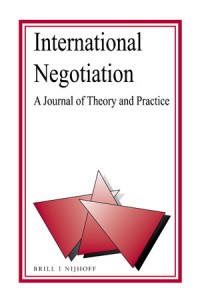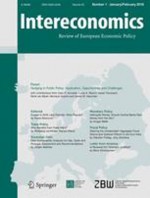Policy Diffusion in Public Procurement: the Role of Free Trade Agreements

This article assesses the factors shaping policy diffusion of effective, liberal public procurement regimes. Policy diffusion and the analysis of policy diffusion is less developed in public procurement than other policy areas such as investment. This is surprising given the potential economic (public procurement accounts for some 8% of GDP) and signaling (transparency, good governance) gains of adopting regimes that promote competition in public procurement markets. The article first provides an introduction to the issue of public procurement and discusses the nature of procurement regimes, the dependent variable. It then assesses the impact of key variables identified in the literature on policy diffusion, such as competition, coercion and norm emulation. It is argued that issue linkage in bilateral free trade agreements (FTA) appears to have brought about common laws – and in some cases – rules for procurement. But this stops short of a genuine diffusion of liberal procurement regimes due to negotiations being framed by reciprocity rather than efficiency considerations, the costs and complexity of implementation, as well as opposition from vested sector interests and politicians at all levels of government favoring the short term political utility of ‘buy local’ policies.




